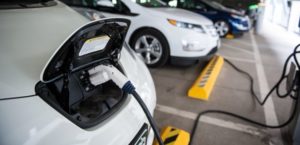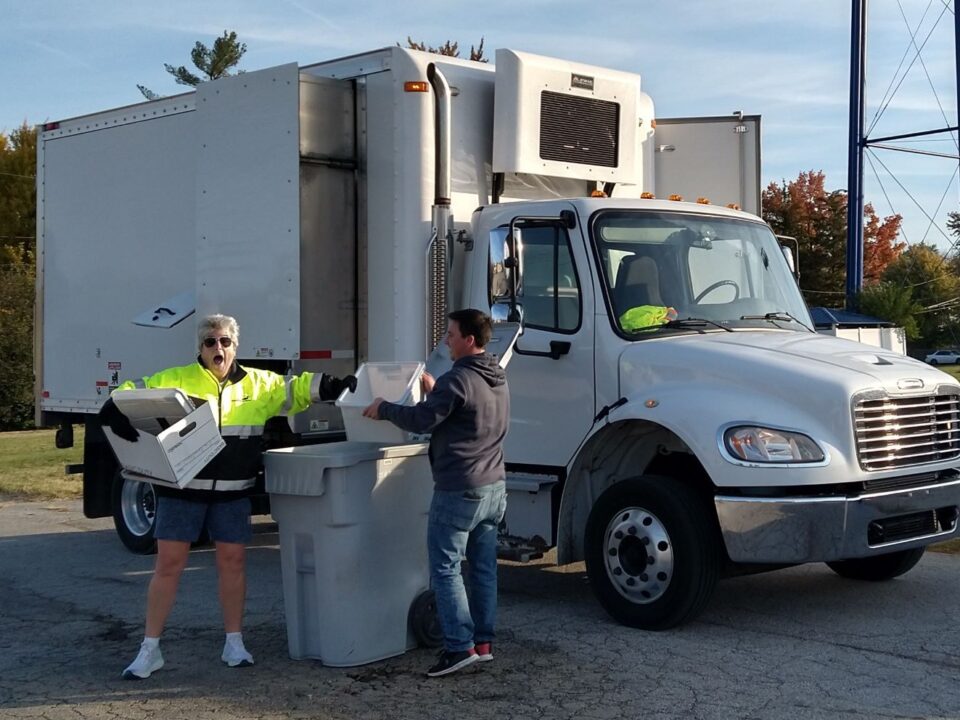
New Compostable Cups at the Hilliard DORA
July 22, 2021
All the Fall Leaves
September 22, 2021Thinking about purchasing an electric vehicle (EV) in the near future, but not sure of the availability of charging options? This is probably a common question posed by many as they ponder their next purchase.
The most common option is to recharge at home using a standard 110-volt outlet, although it takes a while to fully charge (between 8 to 24 hours depending on the model). All electric vehicles come with a 110-volt-compatible, or Level 1, home connector kit, so there’s no extra cost to recharge at home.
A second option for homeowners is to install a 240-volt Level 2 charger, which will charge a typical EV at a rate between 12 to 60 miles of range per hour, depending on how much power the charger can supply, and how much power the EV can accept. Level 2 charging units are available from several major retailers (approximately $500), and should be installed by a qualified electrician (total average installed cost of $1,200).
A third commercial option is Level 3 charging, or DC Fast Charging, that uses direct current and is available in a much higher voltage and can charge some plug-in electric vehicles with as high as 800 volts, thereby allowing for very rapid charging (as fast as 80 percent in a charge time of 20-30 minutes).
But what if you’re not at home and need a charge? The City of Hilliard has 15 public charging station ports (Level 2 and Level 3) within 15km. Ninety-three percent of the ports are level 2 charging ports, and 33% of the ports offer free charges for your electric car.
If out of town there is a rapidly growing network of either Level 2 or Level 3 charging stations across the country provided by companies such as ChargePoint, EVgo and Electrify America. And since recharging an EV takes longer than a gas station fill-up, these charging stations are often at locations where drivers might spend some time, such as highway travel plazas or some big-box-store parking lots.
Another common question is the cost to recharge the EV. The cheapest is at home, and depends on the charger level (1 or 2), the cost of electricity, and what time of the day EV is recharged. For example, if the EV requires 40 kilowatt hours (kWh) to recharge a fully depleted battery, and the rate is 12.4 cents per kWh (Columbus average), that’s $4.96 for a fill-up (on average, an electric vehicle uses around 30 kWh to travel 100 miles).
For comparison, the Level 2 charging station at the Hilliard municipal building costs $0.40 per kWh, or $16 to fully charge. In contrast, at $3.00 per gallon, it would cost $12 for a 25-mpg gas-powered vehicle to travel 100 miles. Please note that the State of Ohio now charges a higher annual registration fee ($200) for electric vehicles and plug-in hybrids.






